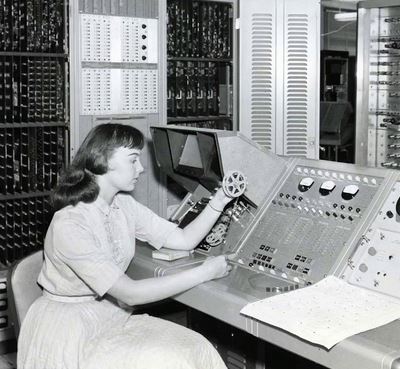
As previously announced, REL has established its own digital lab (RELdl), directed by Prof. Jeri Wieringa. The lab is an outgrowth of REL’s long investment in integrating computing skills into the life of the Department and its degree programs; among our goals is to see the lab inject energy and expertise into a variety of collaborative research projects and curricular initiatives.
In this vein, we are offering REL 503 Methods for the Digital Study of Religion for the first time this semester — a one credit hour course, offered each semester (taking place on two weekends), repeatable up to 4 times.
As described in the Graduate Catalog:
This graduate seminar introduces students to methods for the digital study of religion with a focus on the interfaces that enable computationally mediated scholarship. Students will tackle two core issues in digital scholarship: the development of computational research questions and the design and creation of digital text. Each student will develop a proof of concept for a computation-driven research question in their chosen field of study and a web page that introduces their project idea. The course is structured around a series of intensive, hands-on and collaborative workshops, the first focused on questions of computation and the second on web development.
Each semester the topics addressed by Prof. Wieringa will change, ensuring that the students enrolled have a practical crash course into the basics of digital humanities work, such as computational analysis or even writing code.
Beginning in the Spring 2022 semester, REL will regularly offer two sections of REL 503 each semester, one for it’s own graduate students and one tailored for graduate students enrolled in other Social Science and Humanities programs in A&S. We’ll soon be advertising this to adjacent Departments but now’s the time to start getting the word out.